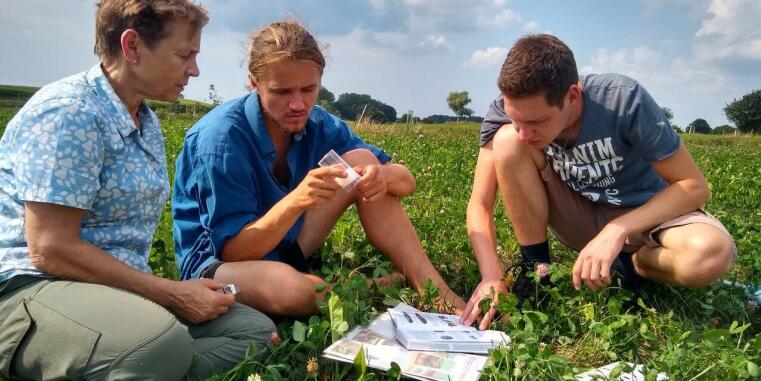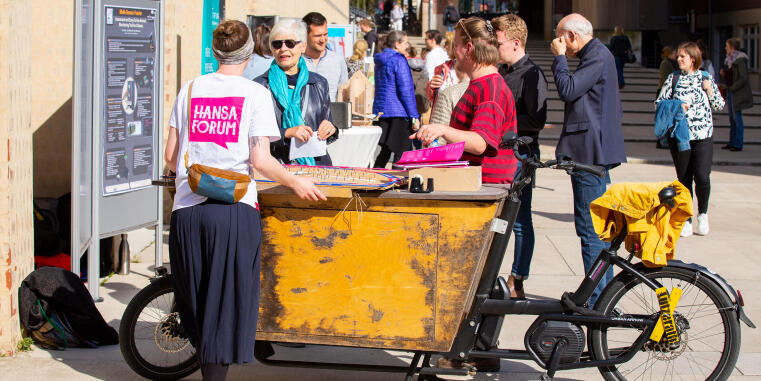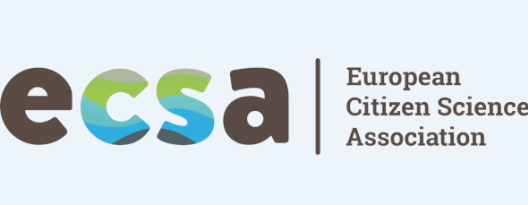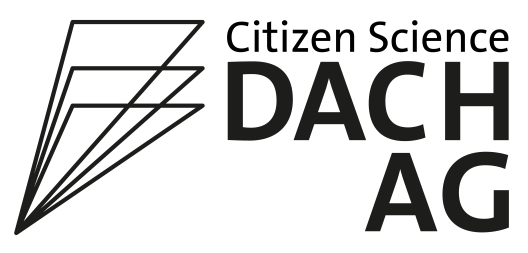









When we talk about citizen science in Germany, we mean the active participation of the public sphere in scientific research projects. It’s about interested laypeople and (specialist) researchers working together to create new knowledge. Public participation goes beyond collecting and providing access to data, it also involves shaping research questions and methods, as well as preparing and communicating research findings both within the scientific community and to the public at large. Citizens are to be perceived as equal partners who can contribute their knowledge, experience, perspectives and concerns. The goal is to promote a democratic and transparent science sector, which is jointly supported by researchers and citizens alike.
Participation in citizen science projects can be distinguished based on the type and scope of involvement and participation:
Each of these forms of participation contributes in various ways to helping integrate citizens into scientific projects and strengthen collaboration between the scientific community and society.
The University of Münster has long been involved in the area of participatory science transfer and in communication and exchange with the public and civil society, as well as in citizen science projects. It is known for its innovative, participatory transfer formats and various projects that promote collaborative research endeavours. The University maintains a large and active network of committed individuals in this area, ranging from participants at the local and regional level (e.g. Expedition Münsterland) to national and European associations and international platforms and organisations. The University of Münster is an active member of the nationwide platform mit:forschen! and founding member of the DACH-AG and the platform European Citizen Science Association (ECSA).
In light of its role in drafting the Green Book – Citizen Science Strategy 2020 for Germany [de]– and the White Book – Citizen Science Strategy 2030 for Germany [de] –, the University of Münster has demonstrated a commitment to defining the requirements and goals of participation in our knowledge society. By engaging in close working relationships and intensive exchange, the University has been able to shape structural, political and financial framework conditions, help develop joint initiatives and strengthen the potential of citizen science for society for many years to come.







By providing access to research and teaching, the University of Münster assumes responsibility for the central areas of transfer and participation in the scientific community. The University sees itself as a driver of social progress and wishes to initiate and steer research-oriented processes in civil society. The Rectorate firmly believes that citizen science is key to developing scientific strategy in order to meet the major challenges facing society today. This entails integrating those into science for whom its fruits are ultimately intended – citizens. The University of Münster possesses many years of experience with participatory knowledge transfer formats and citizen science projects. It supports efforts to continue strengthening these approaches, sensitise others for the potential that citizen science holds for research projects, and to help launch new projects.
“We are deeply committed to promoting citizen science approaches at the University of Münster. They have the potential of strengthening science in the long term and anchoring it firmly in society. In this way, it can generate important impulses for new research questions and offer potential solutions to our political decision makers and economic stakeholders.”
Prof Dr Michael Quante, Vice‐Rector for Internationalisation, Knowledge Transfer and Sustainability at the University of Münster